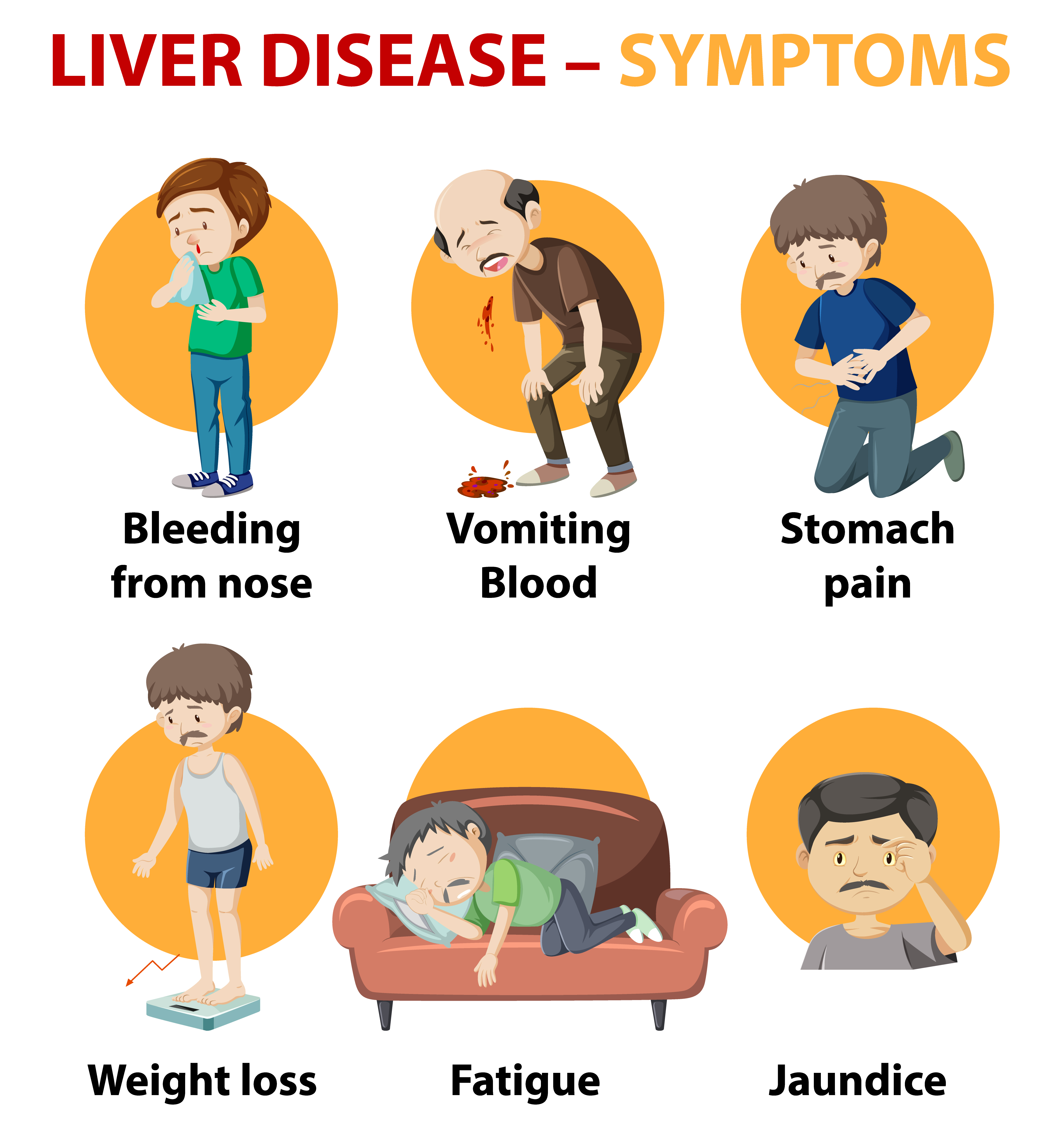
Common Symptoms of Dyspepsia: Recognizing Indigestion and Discomfort
Do you ever feel like your stomach is doing somersaults, or like there’s a fire burning in your chest after a meal? That might be dyspepsia, also known as indigestion.
Let’s talk about some common symptoms so you can recognize when your tummy is trying to tell you something.
1. Feeling Full Quickly: If you find yourself feeling full or bloated shortly after starting a meal, it could be a sign of dyspepsia.
2. Bloating and Gas: Experiencing excessive gas or bloating, especially after eating certain foods, is another common symptom of dyspepsia.
3. Nausea and Vomiting: Feeling nauseous or experiencing vomiting, particularly after eating spicy or fatty foods, can be a sign of indigestion.
4. Heartburn or Acid Reflux: A burning sensation in the chest, often after eating or lying down, may indicate acid reflux, a common symptom of dyspepsia.
5. Abdominal Pain or Discomfort: General discomfort or pain in the upper abdomen, sometimes described as a dull ache or cramping sensation, is a hallmark symptom of dyspepsia.
6. Regurgitation: The sensation of food or liquid coming back up into the throat or mouth, especially after eating, is another symptom of dyspepsia.
7. Bad Breath: Chronic indigestion can sometimes lead to bad breath, known as halitosis, due to stomach acids backing up into the esophagus.
Bad breath, also known as halitosis, can be embarrassing and unpleasant.
It’s often caused by bacteria in the mouth breaking down food particles and releasing foul-smelling gases. Poor oral hygiene, certain foods, smoking, dry mouth, and underlying health conditions like gum disease or sinus infections can contribute to bad breath. To combat it, practice good oral hygiene by brushing and flossing regularly, using mouthwash, staying hydrated, avoiding tobacco products, and visiting the dentist regularly.
If bad breath persists despite these measures, it’s essential to see a healthcare professional to rule out any underlying medical issues.
Recognizing these symptoms can help you identify when you might be experiencing dyspepsia. If you frequently experience these symptoms, it’s essential to consult a healthcare professional for proper diagnosis and treatment.
To seek medical advice, always consult a Doctor.
Here are our recommended experts. Click Here
To read more on Dyspepsia. Click Here



